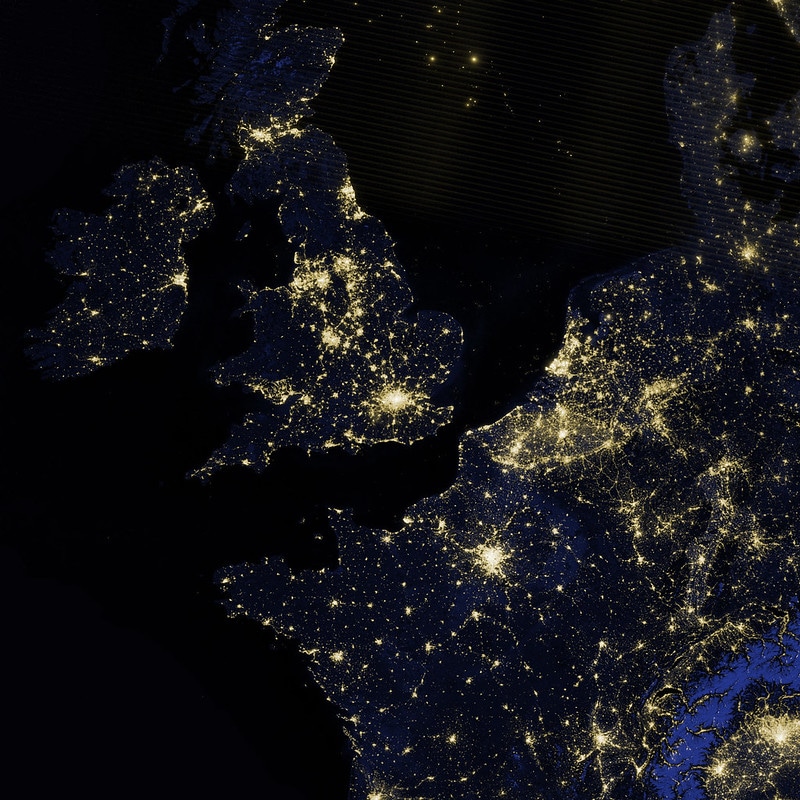REGISTER FOR NEWSLETTER
REGISTER FOR NEWSLETTER

As today (the 8th of March) is International Women’s Day, I thought it appropriate to write a short piece about the impact of light sensitivity on women. Many more women than men contact LightAware about health problems caused by LED lighting. Because lights are now switched on most of the time both inside and outside […]

I can’t leave my house once the sun goes down because all lamp posts which were previously
sodium and emitted a warm, soft orange glow are now LED and emit a harsh, cold laser-like white
light. All car head lights are now LED too and these are unfortunately also on all day and night

A few months ago I was complaining that the most visible result of the introduction of LED lighting to ‘save the planet’ seemed to be increased night-time illumination of the whole country, from forests in the Highlands to parks and gardens in towns and cities. A LightAware supporter told me that this was a result […]

The Canadian government greeted 2014 with the first tier of its new energy-efficiency standards for light bulbs,1 which will effectively ban incandescent light bulbs by next year.2 But efficient lighting can have its own drawbacks. For instance, although devoid of the mercury used in compact fluorescent lamps (CFLs), some white light-emitting diodes (LEDs) emit a wavelength of light associated with adverse human health effects. In this issue of EHP, researchers study retinal changes in rats exposed to white LEDs like those sometimes used in household lighting.3
Read More: Hidden Blue Hazard? LED Lighting and Retinal Damage in Rats →
REGISTER FOR NEWSLETTER